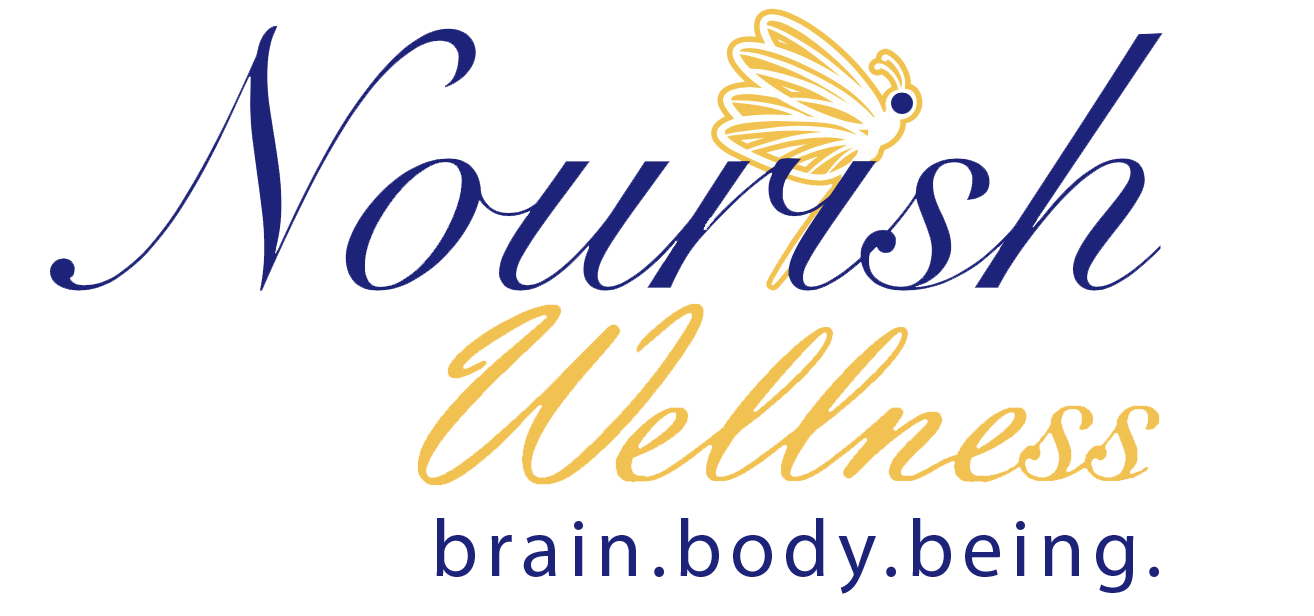In our fast-paced, often chaotic world, it’s easy to find ourselves constantly battling against the flow of life. We resist circumstances, fight against our own emotions, and struggle to control every aspect of our existence. This perpetual state of resistance can lead to stress, anxiety, and a sense of dissatisfaction. However, there is a powerful antidote to this struggle: habitual acceptance.
Habitual acceptance is the practice of consistently embracing reality as it is, without trying to change or resist it. It involves acknowledging our thoughts, emotions, and experiences without judgment. This doesn’t mean resigning ourselves to a passive existence or ignoring the need for change and improvement. Rather, it’s about recognizing what we cannot control and finding peace within that recognition.
The Benefits of Habitual Acceptance
Reduces Stress and Anxiety
When we stop resisting what is, we free ourselves from the constant tension that resistance creates. Acceptance allows us to acknowledge our emotions and circumstances without the added layer of stress that comes from wishing things were different. This can significantly reduce anxiety and promote a sense of inner calm.
Improves Mental Health
Habitual acceptance is closely linked to mindfulness, a practice that has been shown to improve mental health. By accepting our thoughts and feelings without judgment, we can prevent the negative spirals of rumination and self-criticism that often contribute to mental health issues like depression.
Enhances Relationships
Acceptance extends beyond ourselves to our relationships with others. When we habitually accept people as they are, rather than trying to change them, we foster deeper connections and more harmonious interactions. This acceptance creates a foundation of trust and understanding.
Promotes Personal Growth
Ironically, by accepting our current reality, we create a solid foundation for personal growth. Acceptance allows us to see things clearly, which is essential for making informed decisions and taking meaningful action. When we’re not bogged down by resistance, we have more energy and clarity to pursue our goals.
How to Cultivate Habitual Acceptance
Practice Mindfulness
Mindfulness is a powerful tool for developing acceptance. By paying attention to the present moment without judgment, we can learn to accept our thoughts and feelings as they arise. Start with simple practices like mindful breathing or body scans, and gradually incorporate mindfulness into your daily routine.
Embrace Imperfection
Perfectionism is a major barrier to acceptance. Recognize that imperfection is a natural part of life. Practice self-compassion and remind yourself that it’s okay to make mistakes and have flaws. This shift in mindset can help you accept yourself and others more fully.
Let Go of Control
Identify areas of your life where you’re trying to exert control and ask yourself if this control is necessary or even possible. Focus on what you can influence and let go of the rest. This doesn’t mean giving up on your goals, but rather approaching them with a sense of flexibility and openness.
Reframe Negative Thoughts
When you notice negative thoughts, try to reframe them in a more accepting light. Instead of thinking, “I shouldn’t feel this way,” try, “It’s okay to feel this way.” This simple shift can transform your relationship with your emotions and reduce the power they have over you.
Habitual acceptance is a powerful practice that can transform your life. Cultivating acceptance takes time and effort, and can be challenging, especially if you’re used to a mindset of resistance, but the rewards are well worth it. Start small, be patient with yourself, and remember that acceptance is a journey, not a destination. As you integrate this practice into your life, you’ll discover a profound sense of peace and resilience that can carry you through any challenge.
